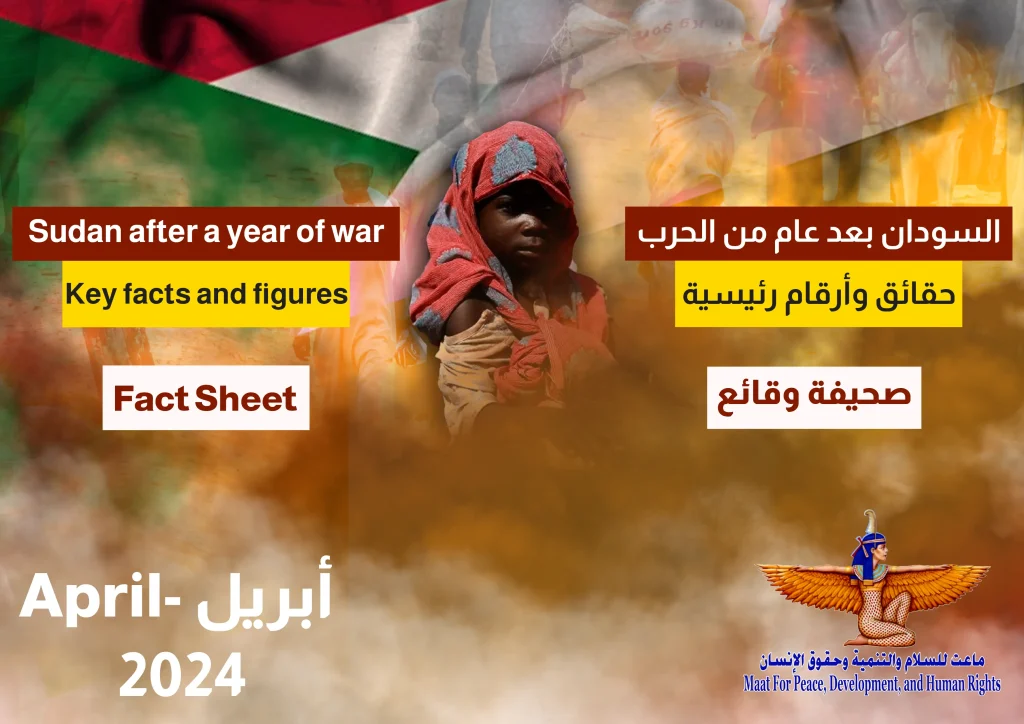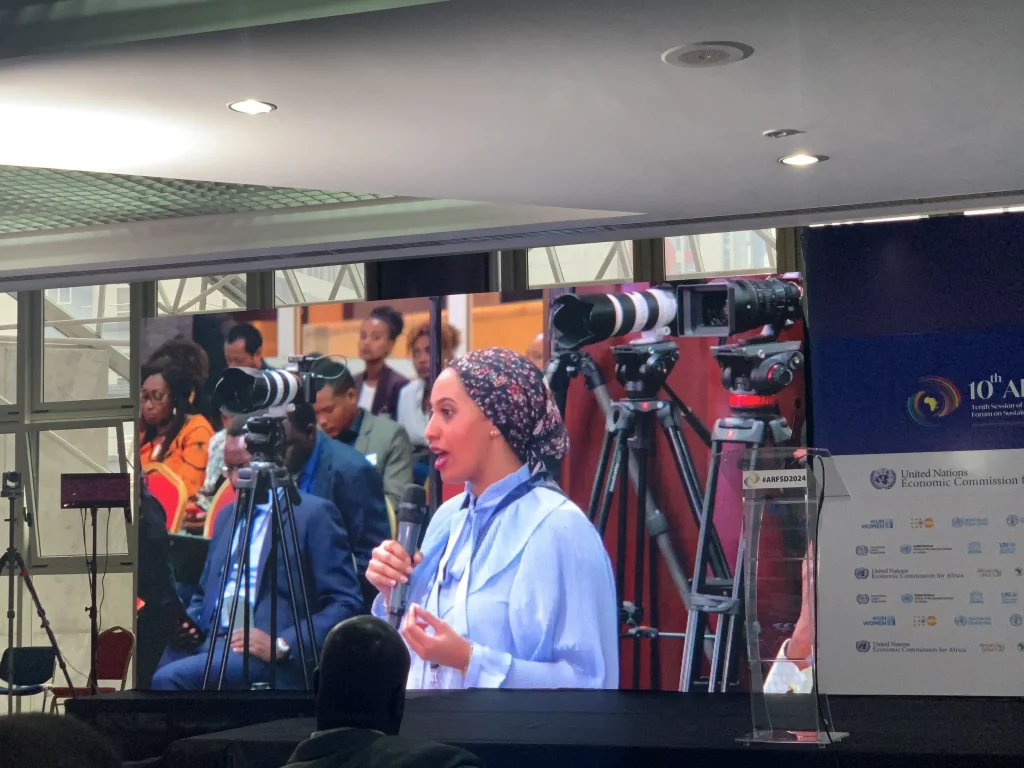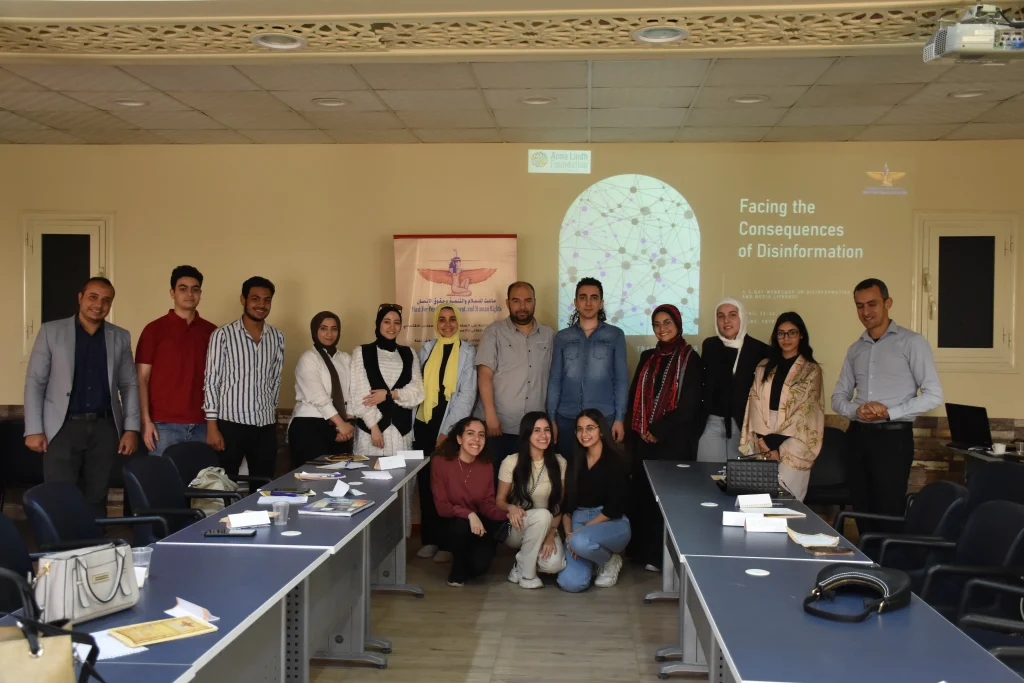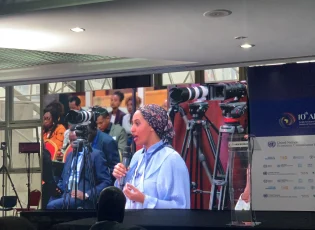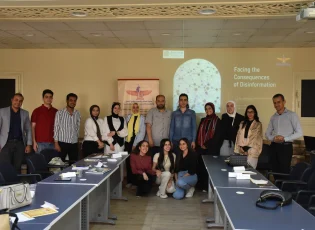Okeil: The Qatari authorities must avoid further violations against the African migrant workers and sign the International Convention on the Protection of the Rights of All Migrant Workers and Members of their Families.
Sherif Abdul-Hamid: The administrative restrictions imposed by the Ministry of Administrative Development, Labor, and Social Affairs undermine all its reforms of the Kafala system and make them ink on paper
Maat for Peace, Development and Human Rights issued a new report entitled “African Migrant Workers in Qatar… Victims With No Rights”, which focuses on the violations suffered by African migrant workers in Qatar, including the arbitrary detentions, the racial discrimination, as well as the violations related to the Kafala (sponsorship) system. Despite the recent reforms made by Qatar in this system, these reforms remain ineffective, just ink on paper, because of the administrative restrictions imposed by the Ministry of Administrative Development, Labor and Social Affairs (Ministry of Labor) and the other violations related to wages and obstacles to the access of migrant workers, including those of African descent, to justice, in addition to the prohibition of the right to freedom of association and trade unions for migrant workers in Qatar.
The report concluded that the Qatari government detained an estimated number of 100,000 migrant workers, including workers of African origin, for “escaping work”. These charges are brought against those migrant workers by employers “sponsors" to intimidate and prevent them from changing their jobs on the grounds that leaving a job is a criminal offense in Qatar, which is contrary to reforms of the Kafala system made by the Qatari government in accordance with the Technical Cooperation Programme between Qatar and the International Labor Organization( ILO). Furthermore, Qatar also detained workers who exercised their rights to freedom of opinion and expression guaranteed to them under the International Covenant on Civil and Political Rights, ratified by Qatar on May 22, 2018.
In this context, the report mentioned the arbitrary arrest of Kenyan activist and blogger “Malcolm Bedale”, who worked as a security guard in “Certis Group” for security services. He was arrested by the Qatari security service on May 4, 2021, and taken to an unknown location, where he was detained incommunicado and was not allowed to contact a lawyer. Bedale remained in solitary confinement for about a month, which contravenes Rules 44 and 45 of The United Nations Standard Minimum Rules for the Treatment of Prisoners (the Nelson Mandela Rules). He was charged with “receiving funds from a foreign entity for the purpose of spreading misleading information in Qatar”. Although Bedale left Qatar on August 16, 2021, after some international organization paid a huge fine of about 25,000 QR (equivalent to $6900) for his release, the fact of his detention must be investigated, particularly the humiliation he suffered in Qatar State Security Service, and he must be compensated for the period he was held incommunicado.
Moreover, the report also renewed the complaint sent by Maat to the United Nations Special Procedures, which calls for the need to put pressure on the Qatari authorities in order to investigate the detention of migrant workers, including the shameful detention of blogger Malcolm Bedale, and to ensure the implementation of the recent reforms made by Qatar in accordance with the Technical Cooperation Programme between it and the ILO.
In this regard, Ayman Okeil, the international legal expert and the President of Maat, called on the Qatari authorities to avoid further violations against migrant workers, including those of African origins, and to address structural racism facing those workers in Qatar in accordance with the International Convention on the Elimination of All Forms of Racial Discrimination. Moreover, Okeil demanded the Qatari authorities accelerate the accession to the International Convention on the Protection of the Rights of All Migrant Workers and Members of their Families (CRMW) and to harmonize the national legislation and laws with the international treaties and conventions to which Qatar is committed as well as Qatar National Vision 2030 that views migrant workers as an indispensable element of the country’s economic development.
For his part, Sherif Abdul-Hamid, director of the Research and Studies Unit at Maat, said that the Shura Council in Qatar, which was elected in October, must fulfill its role in revising the laws and legislations that are contrary to Qatar’s international obligations. Abdul-Hamid also pointed out that the continuous administrative restrictions by the Ministry of Labor repeal all the reforms made by Qatar to guarantee the rights of migrant workers.
 |
 |




